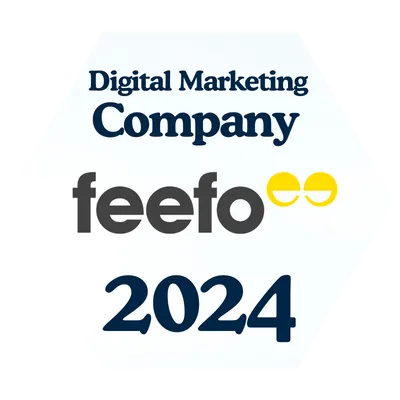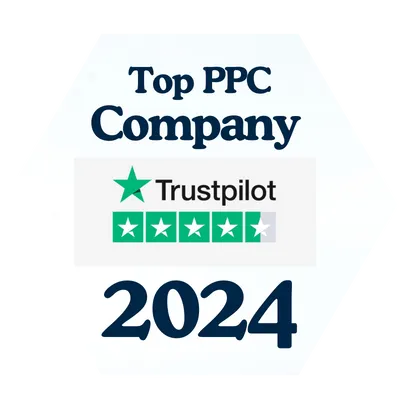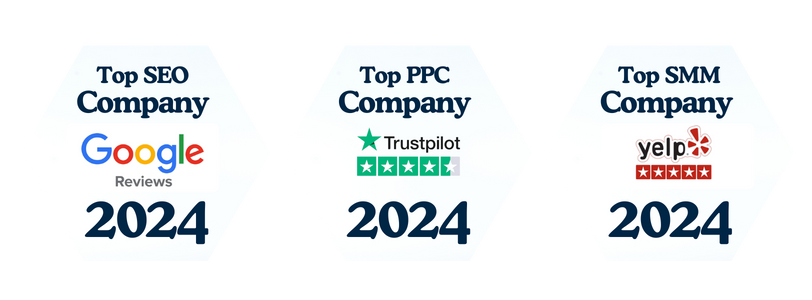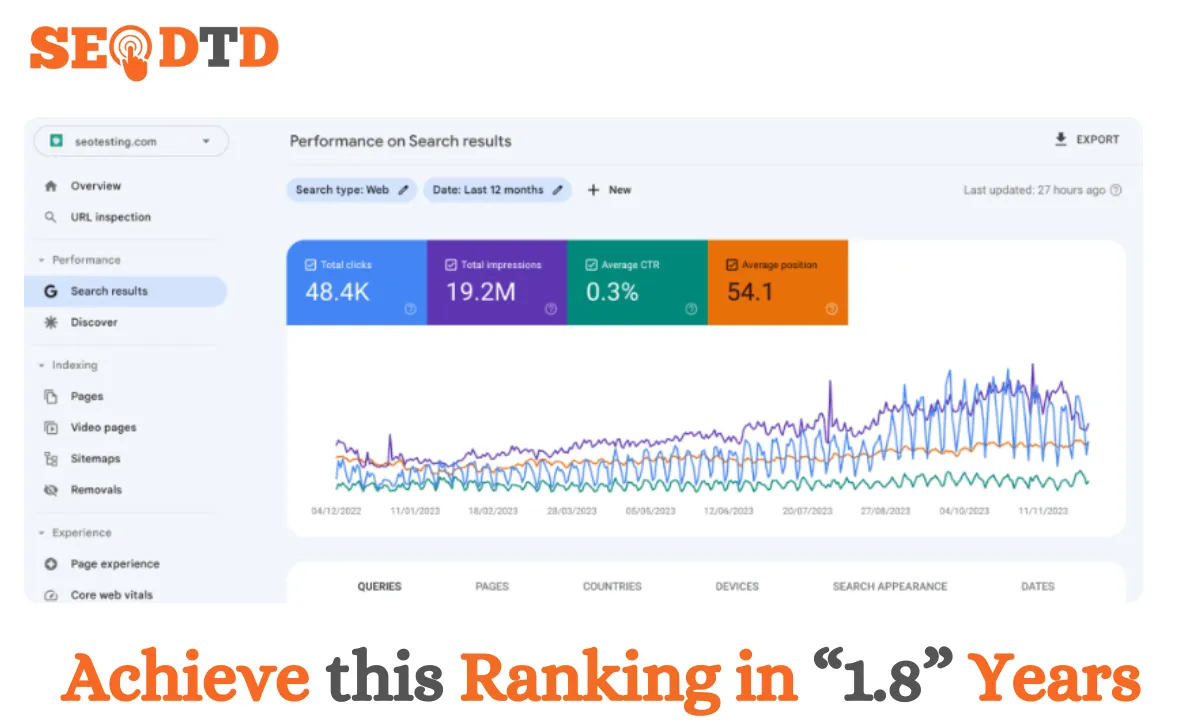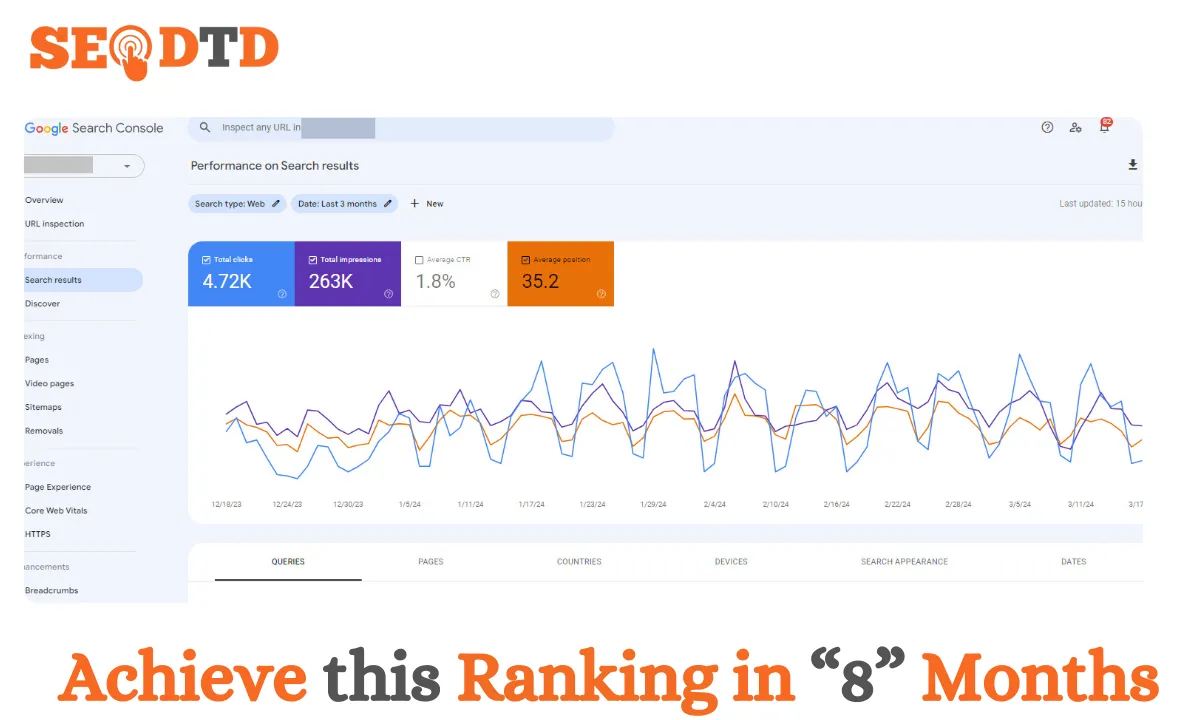The Best SEO Agency in Lahore – digitalmarketingserviceslahore
Do you want your website to show up on Google when people search for your business? Then you need a good SEO agency in Lahore like digitalmarketingserviceslahore. We help your website rank higher in search results so more people can find you online. Our team knows how to use smart tricks like adding the right keywords, fixing website issues, and creating strong links.
We offer all kinds of SEO services in Lahore. If you own a shop, blog, or business, we can help bring more visitors to your site. We are known as one of the top SEO companies in Lahore. Our team of SEO experts uses only safe and smart ways to improve your website. We work hard to give you results you can see.
If you’re looking for the best SEO agency in Lahore or SEO specialists in Lahore, we are the right choice. At digitalmarketingserviceslahore, we help you grow your business online step by step.
Local SEO in Lahore – Be Found by Nearby Customers
Do you want people near your shop or business to find you online? That’s where Local SEO helps. At digitalmarketingserviceslahore, we make your business show up when someone nearby searches for your services. We’re a top Local SEO company in Lahore, and we help shops, clinics, restaurants, and more.
We fix your Google Business Profile, improve your map location, and make sure your name appears when people search for things like “near me.” If you need SEO for small businesses in Lahore, or help from a Lahore SEO expert team, we’ve got you covered.
We also help with reviews, mobile-friendly websites, and the right keywords like Local business SEO Lahore. Whether you’re in Gulberg, Johar Town, or DHA, we help local customers find you easily. Choose digitalmarketingserviceslahore to make sure your neighbors and nearby customers can see and trust your business online.
One Agency for SEO and Digital Marketing in Lahore
At digitalmarketingserviceslahore, we don’t just do SEO. We are a full digital marketing agency in Lahore. This means we help you with ads, social media, emails, and more. But our favorite job is helping you get more visitors using SEO.
We’re known as a strong SEO digital agency in Lahore. We help with things like e-commerce SEO, SEO for blogs, and even SEO audits to check what’s wrong. Our team of SEO specialists in Lahore works on everything your website needs to grow.
Whether you need help from a freelance SEO expert in Lahore or a full team, we are ready. We build smart plans and use tools to check what’s working. People trust us as one of the most helpful and friendly SEO companies in Lahore. We always explain what we’re doing and show you the results.
Fix Website Problems with Our SEO Audit Services
If your website isn’t getting many visitors, it might have problems. At digitalmarketingserviceslahore, we offer SEO audits in Lahore. That means we check your site to see what needs fixing. We look at speed, mobile view, broken links, and more.
We also check things like on-page SEO (what’s on your page) and off-page SEO (links from other sites). This helps your site show up better in search results. We also improve your technical SEO and make sure your website works well on phones and computers.
We create a simple report to show what’s wrong and how to fix it. Whether you own a blog, online store, or business website, we can help. People trust us as the best SEO performance agency in Lahore. Let us find and fix your website problems so it can rank higher and load faster.
Get Strong Links and Great Content That Google Loves
Links from other websites are very important for SEO. Our team at digitalmarketingserviceslahore is great at building strong, safe links for your website. We are a smart link-building agency in Lahore that follows Google’s rules.
We also write helpful and clear content. As a SEO content agency in Lahore, we write blogs, service pages, and product details using the right keywords. This helps Google understand your site better and send more people to it.
We use words like SEO marketing Lahore, Google SEO expert Lahore, and Lahore SEO providers in your content to improve your ranking. We do the hard work so you don’t have to worry. Trust us to create great content and get safe, strong links for your website.
SEO That Brings You More Sales, Not Just Clicks
It’s not just about getting visitors. You want people who buy or call you. At digitalmarketingserviceslahore, we focus on ROI-focused SEO—that means getting results that help your business grow. We build SEO campaigns in Lahore that bring the right kind of visitors.
We help big and small companies. Need SEO for eCommerce, or Enterprise SEO in Lahore? We do that too. We plan smart strategies and work with your team. You get reports every month to see how your business is growing.
We also do PPC ads, social media, and content writing. We are a full integrated SEO agency in Lahore. Whether you want people from Lahore, Pakistan, or anywhere in the world to find you, we can help.
A Long-Term SEO Partner You Can Count On
Working with digitalmarketingserviceslahore means you get more than just an SEO service. You get a partner. We help your business for the long run. We listen, make plans, and support you every step of the way.
We are a top SEO agency in Lahore, working with many businesses in places like Gulberg, Model Town, and Johar Town. We are the best agency for SEO in Lahore because we care about our clients and their success.
We also offer SEO website design, multilingual SEO, and SEO for startups in Lahore. We are the top-rated SEO company in Lahore for a reason—we work hard, stay honest, and help you grow.


